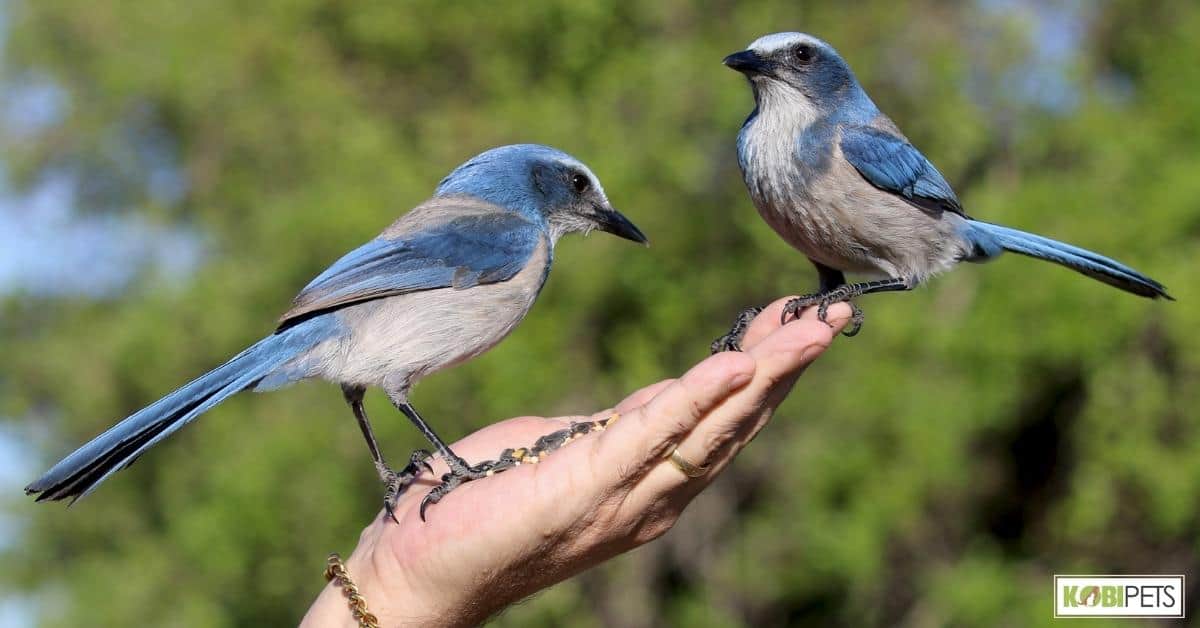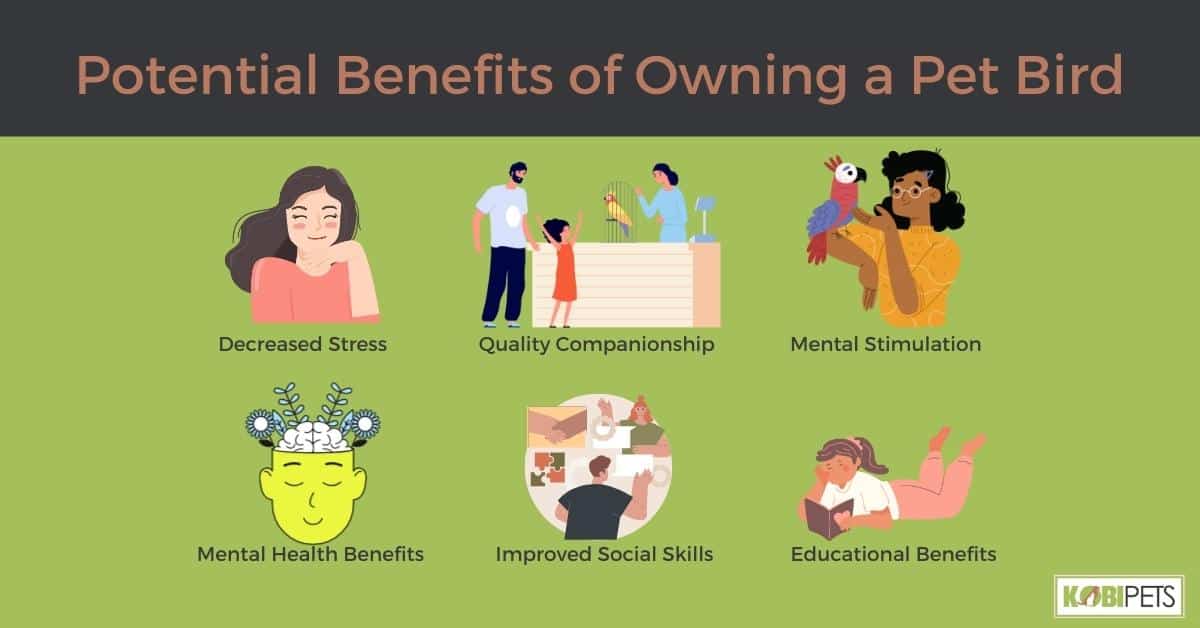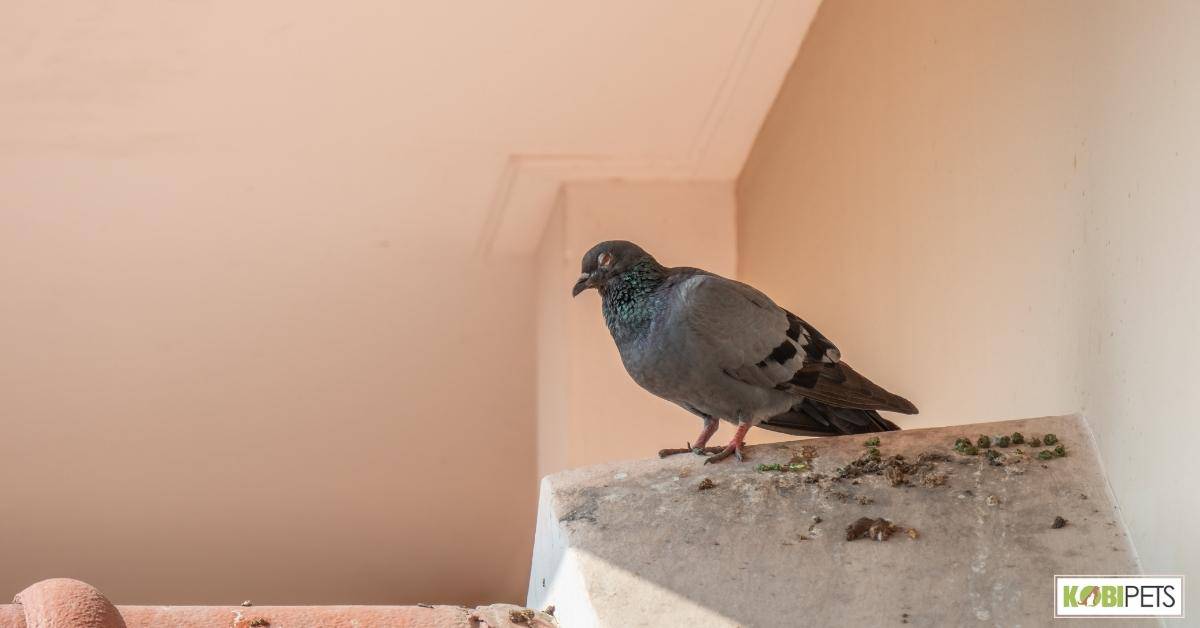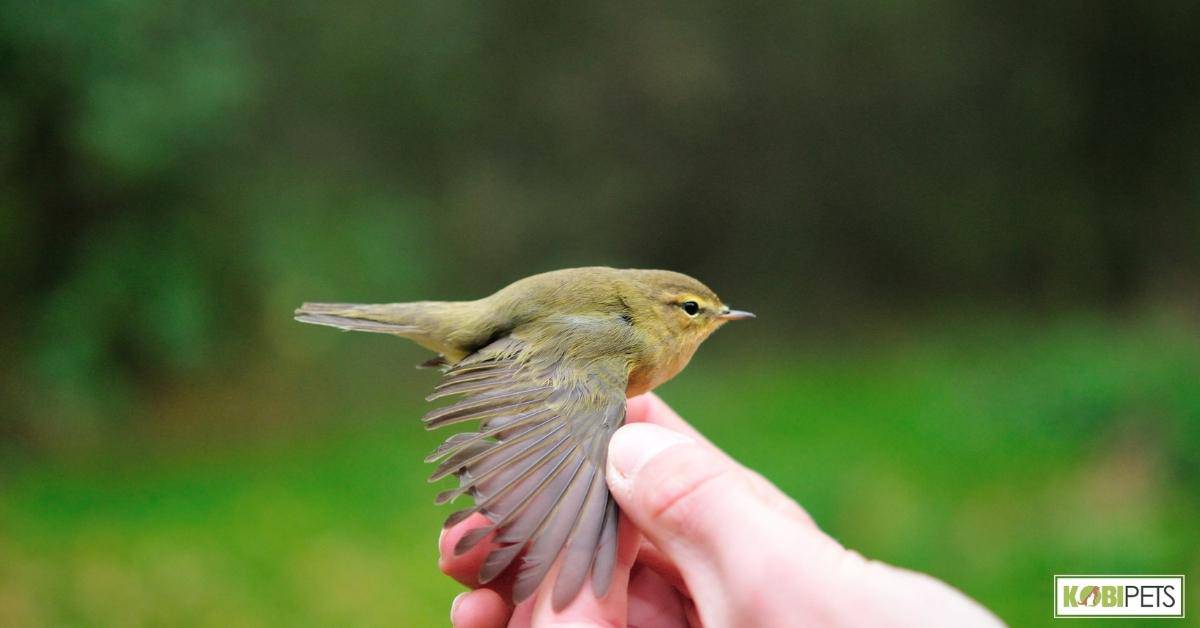
Having a pet bird can be a rewarding experience, providing companionship and entertainment. However, it is important to research the specific needs and demands of the species you are interested in. Owning a pet bird also requires time, patience, and dedication, to ensure you can provide adequate care and meet their requirements
In this blog post, we will discuss whether having a pet bird is a good idea or not. We will go over the pros and cons of having a pet bird, as well as how to care for one if you decide it’s right for you. Read on to find out more!
Birds can make great pets, providing love, joy, and entertainment to those who take them in.
Time and Financial Commitment
One of the most important factors to consider when owning a pet bird is the time and financial commitment involved. Depending on the species of bird you choose, you may need to spend several hours a day caring for your pet.
Including feeding, cleaning its cage, and providing playtime and interaction. It would help if you also were prepared to provide a healthy diet and regular veterinary checkups, which can add up in cost over time.

Researching Different Bird Species
There are many species of pet birds, each with unique needs, personalities, and behavior. Some birds, such as parakeets or canaries, are relatively low-maintenance and ideal for those with limited time or financial resources.
Other birds, such as macaws or African grey parrots, are more demanding, requiring larger cages, more food, and more interaction. Before you choose a pet bird, be sure to research the species you’re interested in to ensure that you’re fully prepared for its care requirements.
If you’ve decided that owning a pet bird is right for you, it’s important to research the different types of birds available. Depending on the size of your home and lifestyle, some species may be better suited than others. Consider factors such as:
- Lifespan – Some breeds of birds can live up to 60 years.
- Noise level – While some birds are naturally loud and may cause noise disturbances in your home, others tend to be quieter.
- Cage requirements – Make sure the size of the cage is suitable for their needs.
- Diet – Certain diets provide more health benefits than others.
- Activity level – Birds with higher levels of activity require special attention and stimulation.
- Health care – Look into what vaccinations or other preventive care the bird may need.
- Companionship – Consider if you (or another pet) have enough time to properly socialize with the bird.
By considering these factors, you’ll be able to choose the best pet bird for you and ensure their well-being for years to come!

Potential Benefits of Owning a Pet Bird
Owning a pet bird can be an incredibly rewarding experience. Not only will you have an entertaining companion, but there are countless benefits to having a feathered friend in your home.
Here are some of the potential benefits of owning a pet bird:

Potential Benefits of Owning a Pet Bird
Decreased Stress: Pet birds can help alleviate stress and anxiety. Studies show that interacting with a feathered friend can improve mood and reduce feelings of loneliness and depression.
Quality Companionship: Pet birds provide owners with unconditional love and companionship, making them loyal friends for life.
Mental Stimulation: Playing with toys, talking, or singing to your pet bird is a great way to stimulate their minds and keep them active.
Mental Health Benefits: Watching birds can have calming effects on people’s mental health and can reduce stress levels.
Improved Social Skills: Owning and caring for a pet bird helps children develop social skills like empathy and problem-solving as they learn how to interact with their new feathered friends.
Educational Benefits: Keeping track of your pet bird’s health is also a great opportunity for learning about biology, ecology, anatomy, zoology, botany, and more!
No matter what type of bird you choose as your pet, many potential benefits come along with ownership! From decreased stress levels to improved social skills in children, owning a pet bird is sure to be an enjoyable experience for years to come!
Drawbacks of Owning a Pet Bird
Owning a pet bird can be a wonderful experience, but it also carries with it certain drawbacks. To ensure that potential bird owners make an informed decision when considering getting a pet bird.
While there are many benefits to owning a pet bird, there are also some potential drawbacks to consider. Here are some of the most commonly-encountered negatives associated with owning one:
| Disadvantage | Description |
|---|---|
| Noise | Depending on the type of bird, they may make more noise than other animals due to their chirping and singing. Larger birds such as macaws and cockatoos can be particularly loud. In addition to this, many birds may not react well to sudden loud noises or changes in their environment. |
| Cost for Care & Maintenance | The cost of food, cages, and vet care for pet birds can add up quickly over time. Not only that, but regular visits to an experienced avian veterinarian are critical for ensuring your bird’s health and safety over its long lifespan (up to 60 years).
Additionally, birds require daily interaction with their owners in order to build trust and stay healthy both mentally and physically. Thus if you’re gone often or unable to provide enough attention and affection regularly, this isn’t the right choice for you. |
| Mess & Odor | Birds produce droppings fairly often which can cause a significant mess in your home if not cleaned up properly — especially if you have multiple birds! It is also important to consider how your furniture could become stained or soiled by these messes; careful consideration should be taken about where you house your bird’s cage as a result.
While the smell from budgies or parakeets may not overpower the rest of your home, larger species (such as macaws) may do so due to their presence alone. |

Making the Decision
Owning a pet bird can be a rewarding and enjoyable experience, providing love, joy, and entertainment. However, it’s important to consider the time and financial commitment involved, as well as the specific needs and demands of different bird species, before making a decision.
If you’re considering getting a pet bird, there are several things to consider before making your decision. Make sure that it is something you truly want for the long term, as many birds can live up to 60 years! Ask yourself if you are prepared to invest in the costs associated with caring for your bird such as food, cages, and vet visits.
Additionally, consider the noise level and amount of mess that could result from owning a pet bird — not every home or lifestyle may be suitable for this type of pet. There are also more positive aspects to consider: providing love and care for your bird can be incredibly rewarding and joyous.
Ultimately, deciding if owning a pet bird is right for you comes down to weighing the pros and cons while considering what will work best given your lifestyle.

In conclusion
Owning a pet bird can be a wonderful experience, but it’s important to carefully consider the time and financial commitment involved, as well as the specific needs and demands of different bird species.
With proper care and attention, pet birds can bring joy and entertainment to your life for many years to come.






